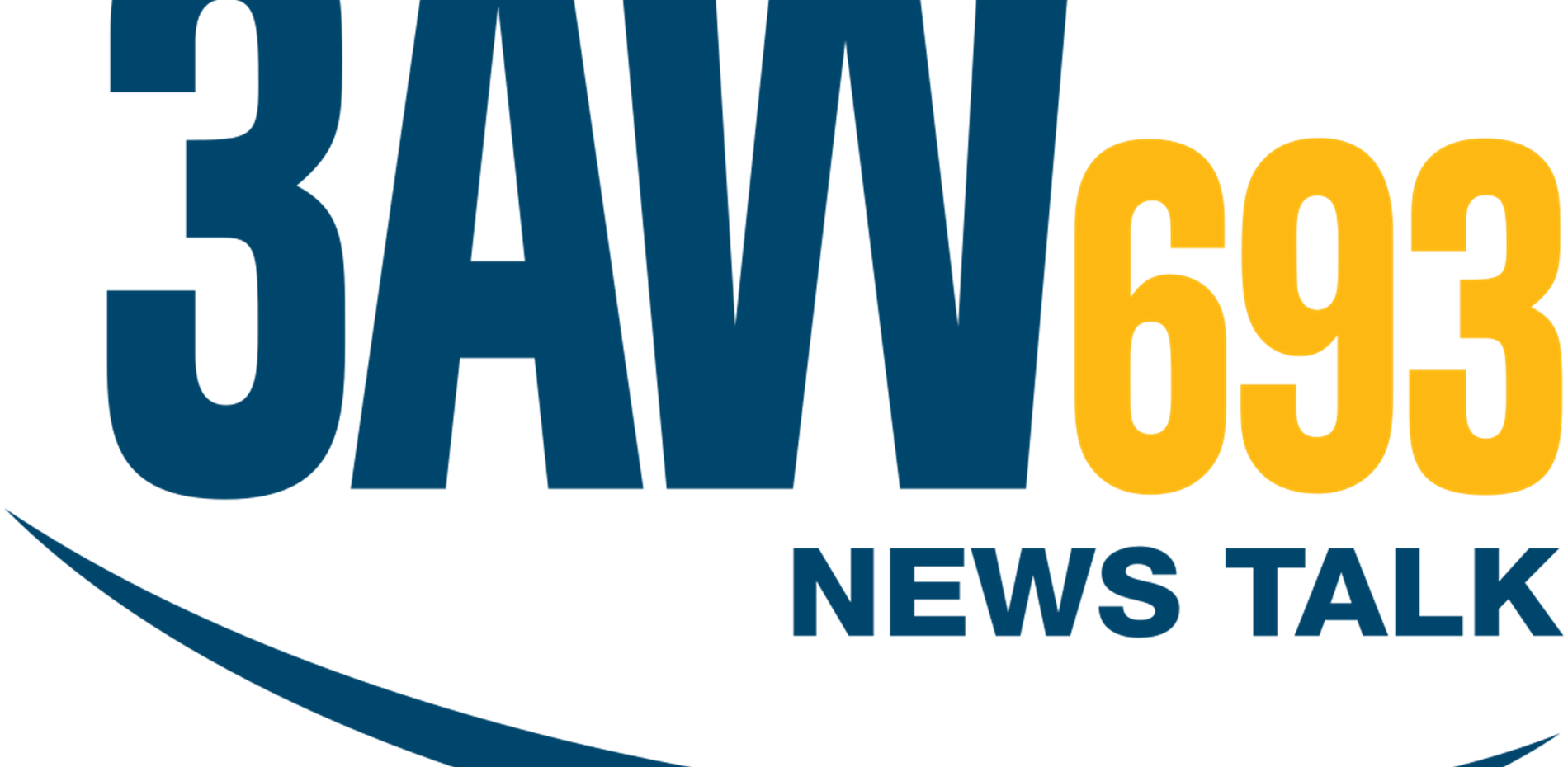E&OE TRANSCRIPT
SUBJECTS: Graphic protests at MP offices; Melbourne Airport Rail Link
NEIL MITCHELL, 3AW: Red hot tip, we confirmed yesterday these fake bodies, effigies covered in fake blood, being dumped outside the offices of various politicians around town. Deputy PM Richard Marles, Immigration Minister Andrew Giles, the Government Services Minister, Bill Shorten, GED Kearney out in Cooper, Kate Thwaites, Peter Khalil at Wills. A lot of people rang and said this is, this is going too far. Even the Palestinian representative I was talking to yesterday said it's a bit too confronting. On the line is one of those who was targeted, Bill Shorten, good morning.
BILL SHORTEN, MINISTER FOR THE NDIS AND GOVERNMENT SERVICES: Good morning, Neil.
MITCHELL: What did you think?
SHORTEN: Well people have got a right to protest in this country and obviously there's a lot of distress at the scenes that people are seeing in Israel and in Gaza, but how do you protest matters, too. I think there's a lot of invisible Australians who've got moral consciences who are watching the issues capable of forming views, who really deplore this. We need to dial down the degree of aggro, I get people's emotions, but we - it doesn't help anywhere else if we start losing our social cohesion here. The people, I think there's a lot of invisible Aussies who, they don't want to see the traumatising scenes brought like was done yesterday, and I think they're uncomfortable watching the mob in Caulfield. I think they're uncomfortable watching the offensive signs that the protests, acts of intimidation are not protest and people have just - we've all got to dial it down.
MITCHELL: Well, were your staff concerned by it?
SHORTEN: No, no, we periodically get protests, but it was - they were dumped, according to the security footage, in the morning before 9:00. And, you know, there's kids going to school, there's just everyday people, they don't need to see these facsimile corpses lying in the street, like, that's not going to move the dial. It's not going to change anything.
MITCHELL: Step too far?
SHORTEN: Yeah, I think so. No question about that and more generally, people ought to just dial down the rhetoric a bit. I mean, the last thing we need is to have all these arguments here. People have got a right to have a view, but just transporting the sort of, the emotions of mass mobs is not – like, that is counterproductive.
MITCHELL: I was listening to speeches, both the Prime Minister and the Foreign Minister yesterday, they also made that point. How do we dial it down? I assume you'd have a fairly large Muslim contingent in your electorate, would you?
SHORTEN: We've got some. There's people who are not just Australians of Muslim heritage who feel strongly, but I think a lot of people are just don't want to see the retraumatising here and the importation of arguments overseas to, you know, a mob in in Caulfield, they weren't there to do anything other than to intimidate.
MITCHELL: Yeah.
SHORTEN: And, you know, people have got a right to protest. But when a church service or a synagogue service or a mosque service has to be cancelled mid-service because of fear of safety, you think, this is not Australia. So, it's upon all the leaders, the rhetoric that we use, we’ve just got to dial it down.
MITCHELL: I agree. Thanks for your time. Oh, just something else, because you go to the airport a lot. Do we need a rail link to the airport or not, do you reckon?
SHORTEN: Yes, we do.
MITCHELL: Quickly. Soon!
SHORTEN: We should have had it probably 30 years ago, but anyway. They probably should have put it in the design back in the 60s when they were building it. Melbourne's one of the big cities of the world, and I think it is frustrating that we don't have a Rail Link, but anyway, the federal government's given it the tick again, so that's good.
MITCHELL: Thank you very much, Bill Shorten, Federal Minister for Government Services.



